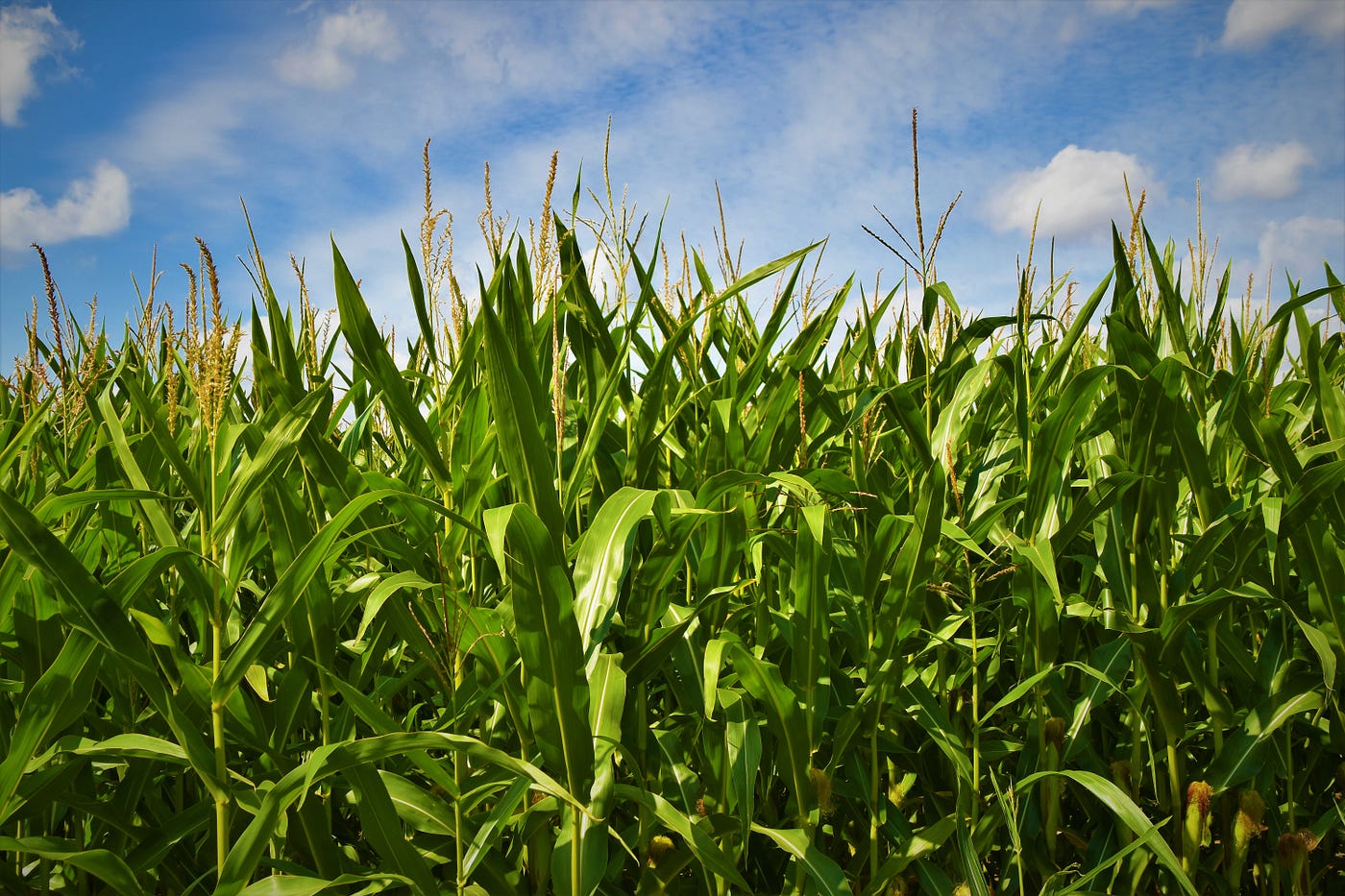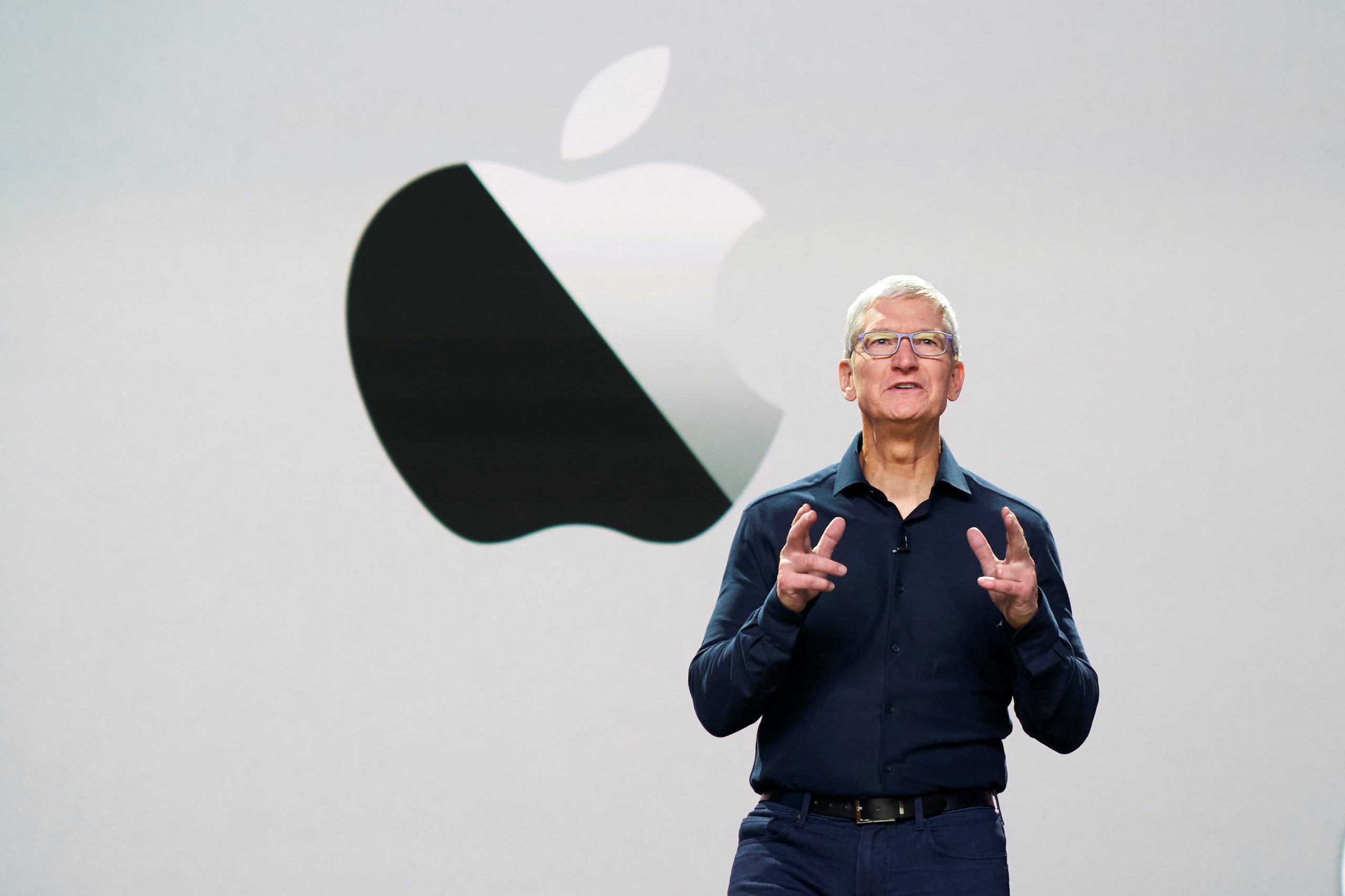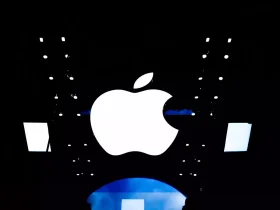Iceland has opted to implement regulations on Bitcoin mining while bolstering investments in agriculture, particularly in corn production, to enhance food security.
Despite the burgeoning data center industry facilitated by the country’s cold climate, which reduces cooling costs, the excessive energy consumption from data centers has led to shortages affecting other sectors, portraying the data center as an energy-consuming behemoth.
Iceland is unveiling a strategy aimed at increasing corn cultivation while curbing bitcoin mining activities.

Prime Minister of Iceland, Kathryn Jakobsdottir, “Recent protests and trade disruptions by European farmers have compelled Nordic nations to diminish reliance on imports. Engaging in farming in Iceland poses significant challenges, yet it is pivotal for security and stability.”
As energy production transitions to costlier renewable sources like wind and hydroelectric power to mitigate global carbon emissions, apprehensions arise that bitcoin mining and data centers might monopolize electricity resources, posing a critical threat to food security.
“The scarce electricity must be redirected from data centers to households and other industries, prioritizing the energy needs of Iceland’s 375,000 residents,” Prime Minister Jakobsdottir emphasized. “Data centers are significant consumers of our environmentally friendly energy.”
Citing insights from research firm Luxor, the FT highlighted that bitcoin mining operations collectively consume 120 megawatts of electricity, surpassing the power usage of all Norwegian households.
During winter, power shortages have compelled fish processing plants in Iceland to resort to oil and diesel generators instead of renewable energy sources, a situation deemed unacceptable by the government.

“The country’s heavy reliance on imported corn necessitates urgent action,” stated Jacobsdottir, underscoring the need for domestic corn cultivation to address supply chain vulnerabilities.
“Despite the potential for corn cultivation, we have not systematically supported it,” she remarked, indicating a forthcoming farm funding initiative to foster production expansion.
Conversely, Iceland is recognized as the world’s top country (1.3%) in terms of Bitcoin mining share owing to its low energy costs.







Leave a Reply